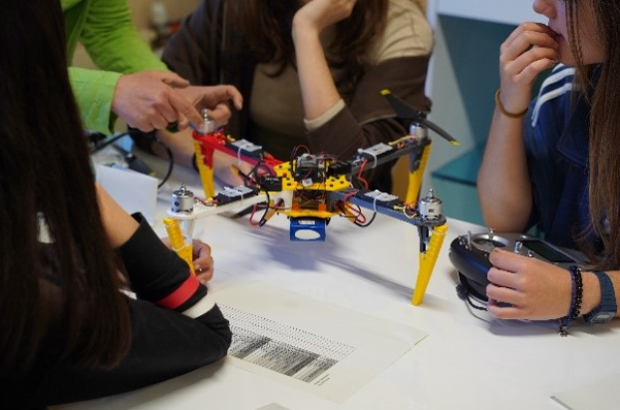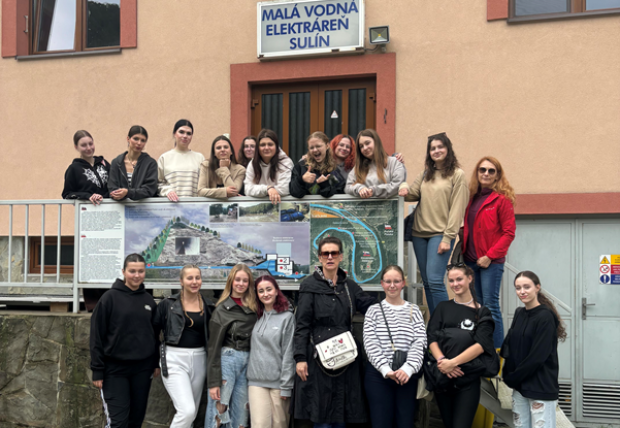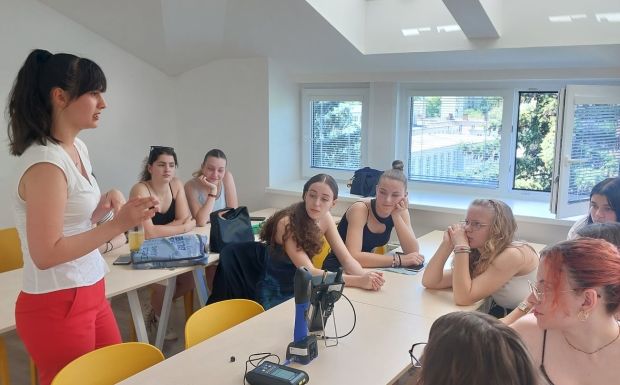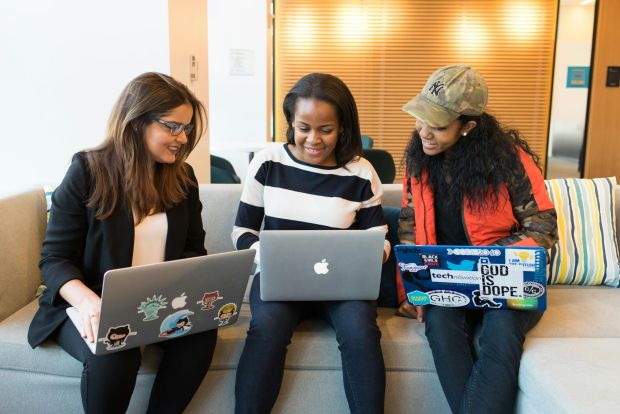SECOVE Congress
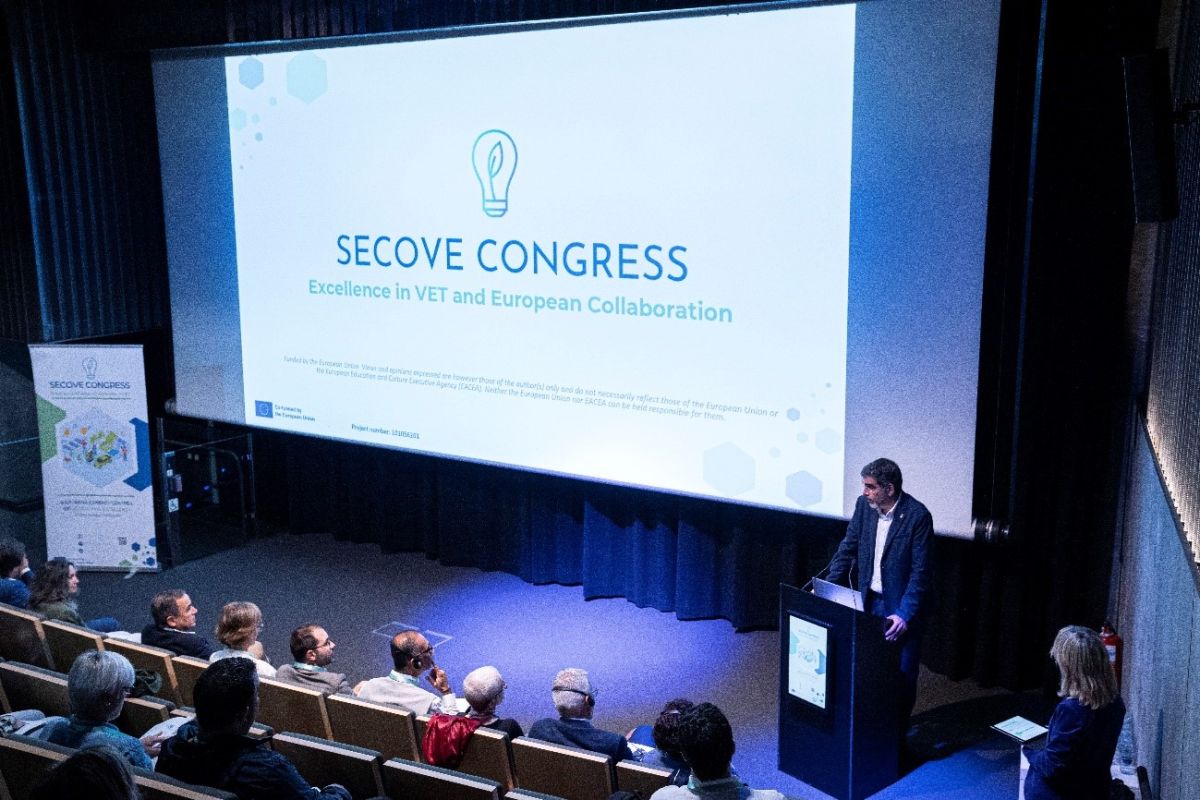
Making Vocational Training Attractive and Recognized – Challenges for Vocational Education in Europe (VET)
The SECOVE Congress held in San Sebastián gathered experts from 12 countries to address significant challenges facing Vocational Education and Training (VET) in Europe. Key issues discussed included demographic decline, the lack of appeal of VET to young people, and the absence of social recognition.
Eneko Goia Laso, Mayor of San Sebastián, inaugurated the event by emphasizing the city’s strong scientific and educational environment. Jorge Arévalo Turrillas, Vice Councillor for Vocational Training of the Basque Government, discussed the future challenges and the new Basque VET system, highlighting the importance of human values and leadership.

Paolo Nardi from the European Forum for Technical and Vocational Education and Training (EfVET) provided an overview of the VET situation in Europe and EfVET’s role in promoting it. Basaralu Sudharshan, CPSM from Edutech NTTF India Pvt Ltd, shared opportunities for collaboration in VET between Europe and India.
Marta Macho Stadler, professor of mathematics at Universidad del País Vasco/Euskal Herriko Unibertsitatea, addressed the role of women in the digital educational environment. George Zisimos and Doriana Monteleone from the European Training Foundation discussed tools and support services for enhancing the internationalization of vocational excellence.
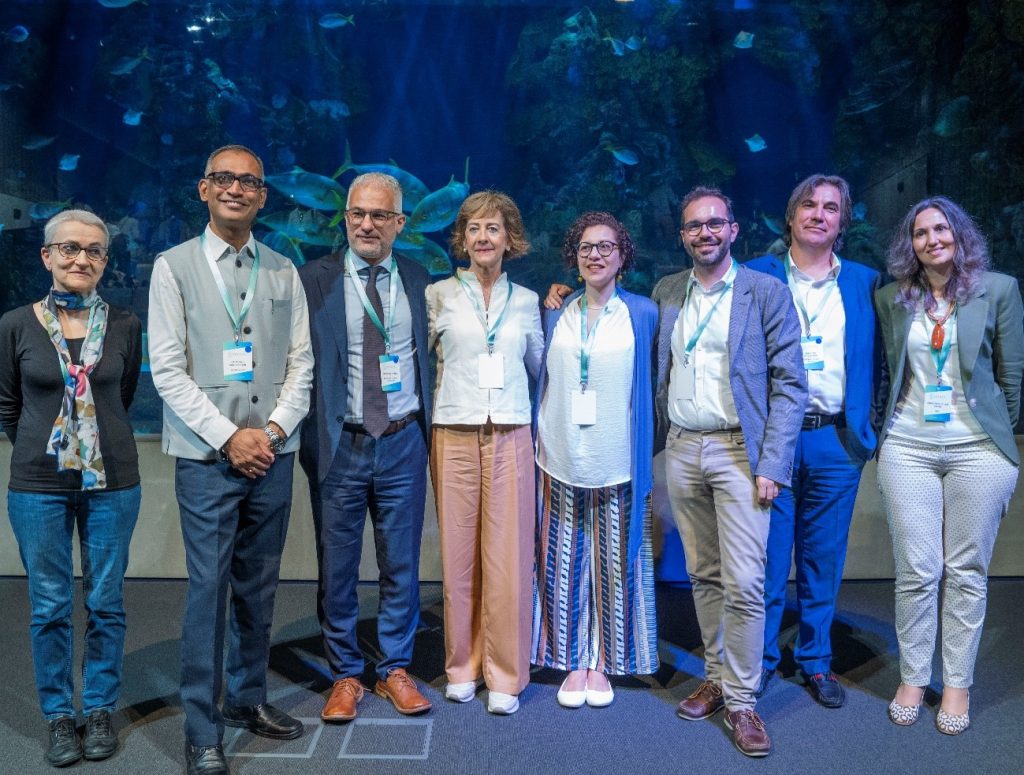
In the COVE SPACE, Juan Sebastian Cortes and Maria-Daniela Gusa presented the Forum CoVES in Lyon. Georgios Priniotakis introduced the SECOVE project, followed by Slavka Tzanova, who presented ECoVEM. Both signed a Memorandum of Understanding to perform joint actions.
Pilar Casorrán from ONDOAN presented talent recruitment and retention strategies in the digital age. Imma Miralles from the Institute for Financial Studies (IEF) introduced the European Chips Skills Academy project, focused on developing skills in the microelectronics industry. Tomas Iriondo Astigarraga, General Director of Cluster GAIA, emphasized the training needs of Industry 4.0 and the importance of upskilling and reskilling.o
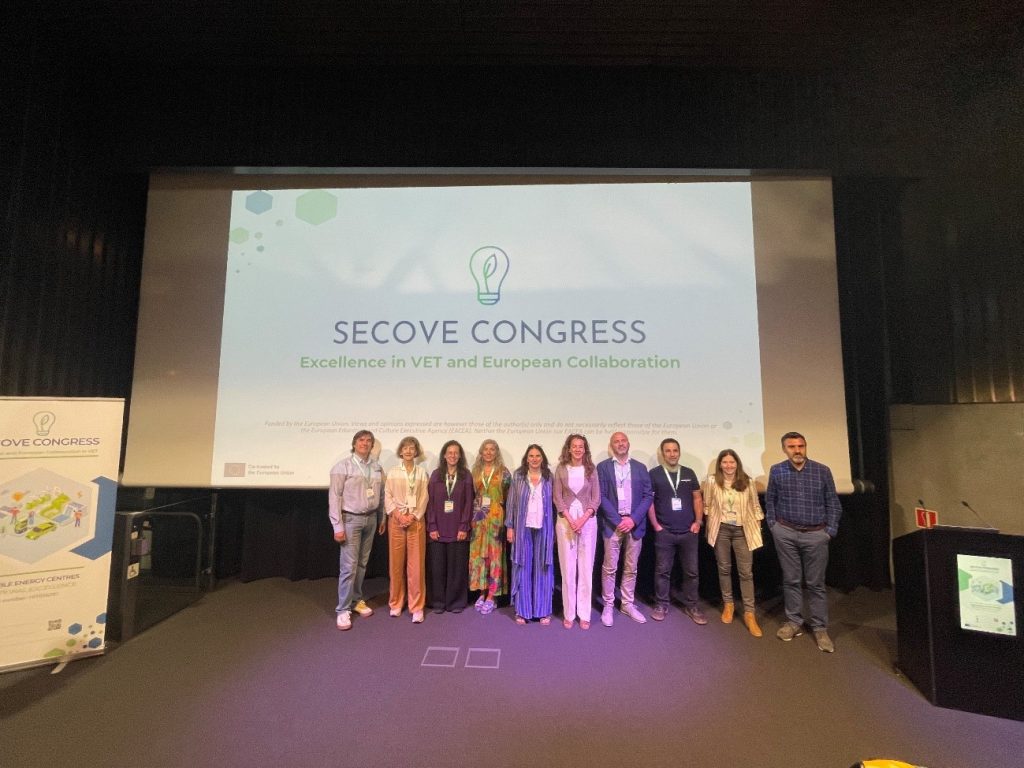
Various Erasmus+ projects were presented, including SMACITE by Vasileios Gkamas, PhD, the Digital Twin Project by Stefano Antona, Romotics by Xabier Ugarte, and AIRinVET by Pili Alonso Suarez.
The roundtable on the status of VET in different European ecosystems, moderated by Anabel Menica from Politeknika Txorierri, featured Oto Hudec (Slovakia), Silvia Frau (Italy), Ana Ribeiro (Portugal), and Natassa Kazantzidou (Greece). They discussed challenges such as demographic decline, lack of appeal, and social recognition.
The Congress, organized by Cluster GAIA and Politeknika Txorierri, highlighted the importance of adapting VET to the needs of the 21st century and fostering collaborative ecosystems to enhance competitive advantages.






